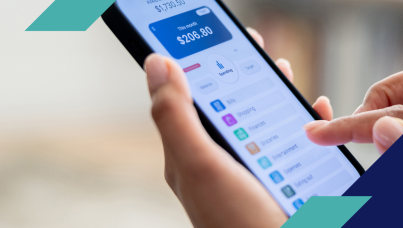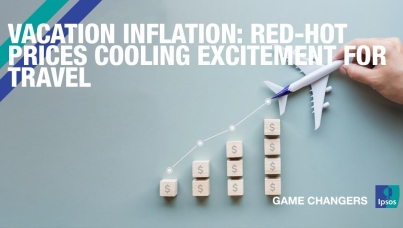Consumers Share Positive and Negative Experiences Equally
New York, NY — There's both good and bad news when it comes to how consumers act when they use a brand. When a negative experience occurs, irate consumers may tell their friends and family and potentially even post a rant on social media. However, new research from Ipsos Loyalty reveals consumers are equally as likely to promote positive experiences in the same way.
The survey covered seven sectors and assessed more than 10,000 “critical incidents,” which are defined as moments of truth in the customer experience that can make or break a relationship. Overall, it found that 52% of consumers who had a bad experience told their friends, family, or colleagues about it. Yet surprisingly, more consumers (56%) indicate to have shared a good experience with others.
“These findings underscore the extent to which customer experience really matters — and on the bottom line,” says Jean-Francois Damais, Deputy Managing Director, Global Client Solutions at Ipsos. “From the good to the bad, half of consumers are talking about your brand’s experience. To mitigate negative comments, it’s crucial that companies allocate the right amount of resources so they can manage the customer experience.”
Consumers aren't only voicing their thoughts and experiences with brands through old fashioned word of mouth. They are, of course, also turning to social media. In fact, the study found that consumers who had both bad and good experiences shared it on a social media platform: 12% and 10%, respectively.
Critical incidents have an impact on consumer purchase behavior. Two-thirds (66%) of respondents indicate that personal experience has a lot of influence on how they make decisions about which brands to do business with. More importantly, the study found that following a negative experience, 24% used the brand less or stopped using it; on the flip side, 17% started using the brand more after a good experience.
“In today's digitally-driven, social media-obsessed age, the consumer's voice is louder and its reach stretches farther than ever before,” adds Damais. “Our study shows that, contrary to common belief, that's just as true for stellar experiences as it is for negative complaints. So, companies need to work hard to leverage good experiences and resulting goodwill, while also designing processes and service experiences that minimize the occurrence of negative experiences.”
We will continue the discussion on this topic during an upcoming webinar. To reserve your spot register online here.
About the Study
These are some of the findings of an Ipsos Loyalty survey conducted in January 2015. For this survey, a sample of 10,061 interviews were conducted via Ipsos online panels among U.S. customers in seven sectors who have experienced a critical incident (i.e., a good or bad experience) in the recent past. Quotas were set to balance the sample on key demographics to ensure that the sample composition is representative of the U.S. population. The margin of error is +/- 1 percentage point at 95% C.I. but can be wider among subsets of the population. All sample surveys may be subject to other sources of error, including, but not limited to coverage error, and measurement error.
For more information on this news release, please contact:
Elen Alexov
Director, Marketing Services, North America
Ipsos
(778) 373-5136
[email protected]
About Ipsos
Ipsos is an independent market research company controlled and managed by research professionals. Founded in France in 1975, Ipsos has grown into a worldwide research group with a strong presence in all key markets. Ipsos ranks third in the global research industry.
With offices in 86 countries, Ipsos delivers insightful expertise across six research specializations: advertising, customer loyalty, marketing, media, public affairs research, and survey management.
Ipsos researchers assess market potential and interpret market trends. They develop and build brands. They help clients build long-term relationships with their customers. They test advertising and study audience responses to various media and they measure public opinion around the globe.
Ipsos has been listed on the Paris Stock Exchange since 1999 and generated global revenues of e1,669.5 ($2,218.4 million) in 2014.
Visit ipsos.com to learn more about Ipsos' offerings and capabilities.



